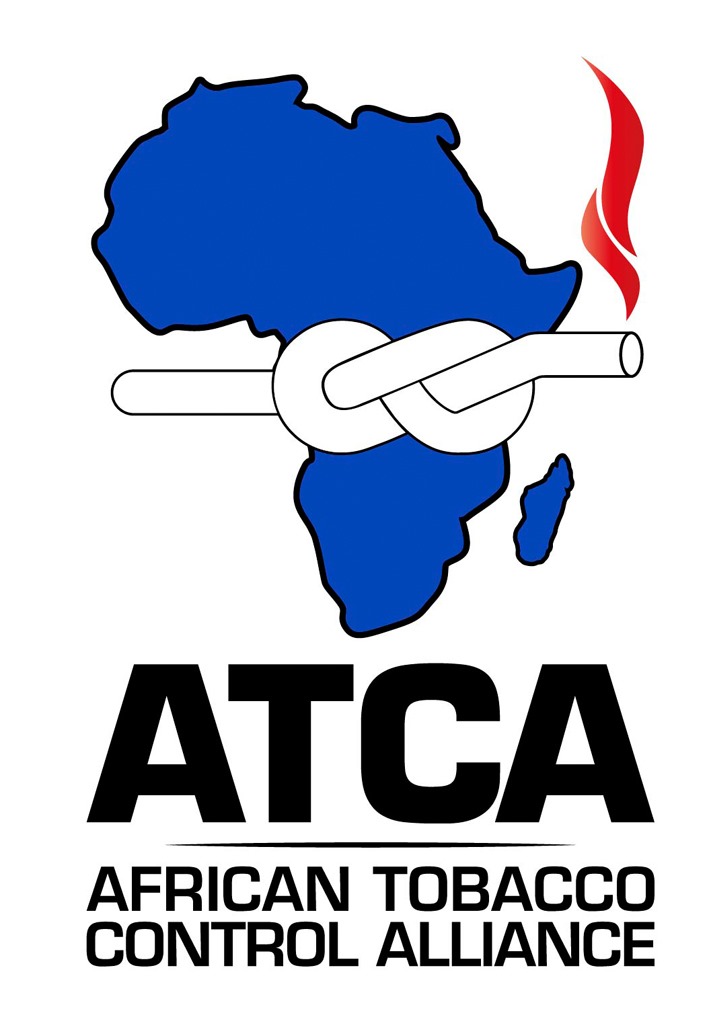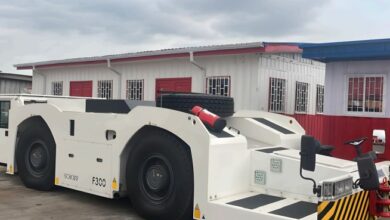Africa Tobacco Control Body Alerts Nigeria Against ‘Kiddie Packs’ Cigarettes Import from Pakistan

The African Tobacco Control Alliance (ATCA) has alerted Nigeria to a push by British American Tobacco (BAT) for Pakistan to export small packs of cigarettes, known as “kiddie” packs, to Africa.
In a statement backed by 60 public health advocates, representing 54 organizations from 25 African countries, ATCA appealed to the government of Pakistan to “Protect the world’s children: Do not allow British American Tobacco to export kiddie packs of cigarettes to Sudan (Africa).”
ATCA noted that BAT’s plan, if not stopped, would see BAT subsidiary Pakistan Tobacco Company (PTC) manufacture and export 10-stick cigarette packs to war-torn Sudan.
The 20-cigarette per-pack rule is the global standard for the protection of children. Kiddie packs are packs with less than 20 cigarettes, which makes it easier, cheaper, and more likely that children will buy them.
More than 180 countries, including Nigeria, Pakistan and Sudan, are signatories to the World Health Organisation Framework Convention on Tobacco Control (FCTC), which requires them to prohibit the sale of cigarettes individually or in small packets that increase the affordability of such products to minors. No fewer than 82 countries have also enacted laws requiring a minimum of 20 sticks a pack.
ATCA added: “We, public health advocates in countries across the African continent have worked tirelessly for years for the adoption and implementation of tobacco control laws and policies. Just like in Pakistan, these laws protect children, vulnerable populations and the general public in Africa.
“In Pakistan and many other countries, regulations don’t allow packs smaller than 20 cigarettes to be sold. These smaller packs of cigarettes, known as “kiddie” packs, make it easier, cheaper, and more likely those children will buy them. The 20-cigarette rule is a global standard.
“In Pakistan, British American Tobacco (BAT) is pushing you to change regulations so that it can manufacture 10-stick cigarette packs and export them to Sudan. However, the WHO Framework Convention on Tobacco Control in its Article 16 calls on parties to prohibit the sale of cigarettes in small packets, which increases the affordability of such products to minors. Consequently, Pakistan as a party to the Convention should not allow manufacturing of 10-stick cigarette packs.”
The statement condemned BAT’s explanation that the kiddie packs will only be sold in Sudan, noting that if the tobacco giant is allowed to succeed with this plan in Sudan, other African countries would be next.
It added: “British American Tobacco’s claim is that it will not sell kiddie packs in Pakistan, but only in Africa. It is unconscionable that British American Tobacco (BAT) thinks it is ok to change a law on one continent in order to target vulnerable populations on another.
“In Sudan and other countries in Africa, people need food, medicine and other lifesaving supports. What they do not need is kiddie packs of cigarettes that put them at increased risk of tobacco addiction, diseases and death. And we know that once BAT gets kiddie packs into one country, they will make their way across Africa.
“British American Tobacco claims to care about protecting children in some parts of the world, yet in Africa, it is scheming to hook more people into its addictive products and to increase cigarette consumption.
“If a product is too dangerous for one country’s children, it is too dangerous for children anywhere. Putting other people’s children at risk of tobacco addiction, disease and death is unacceptable.
“We refuse for Pakistan to acquiesce to BAT’s will – Do not put African kids at risk by changing the strong tobacco control regulations in Pakistan.”










